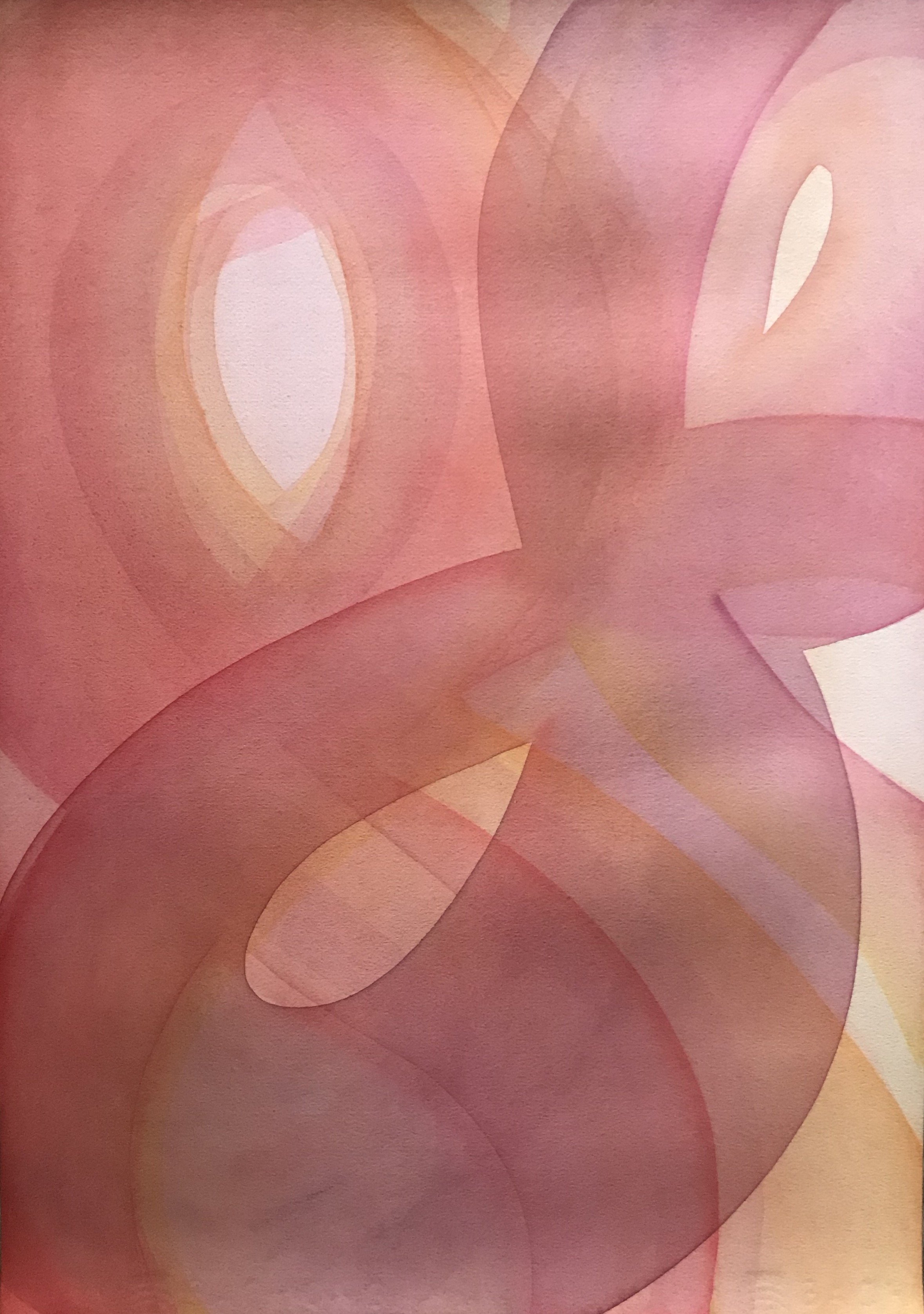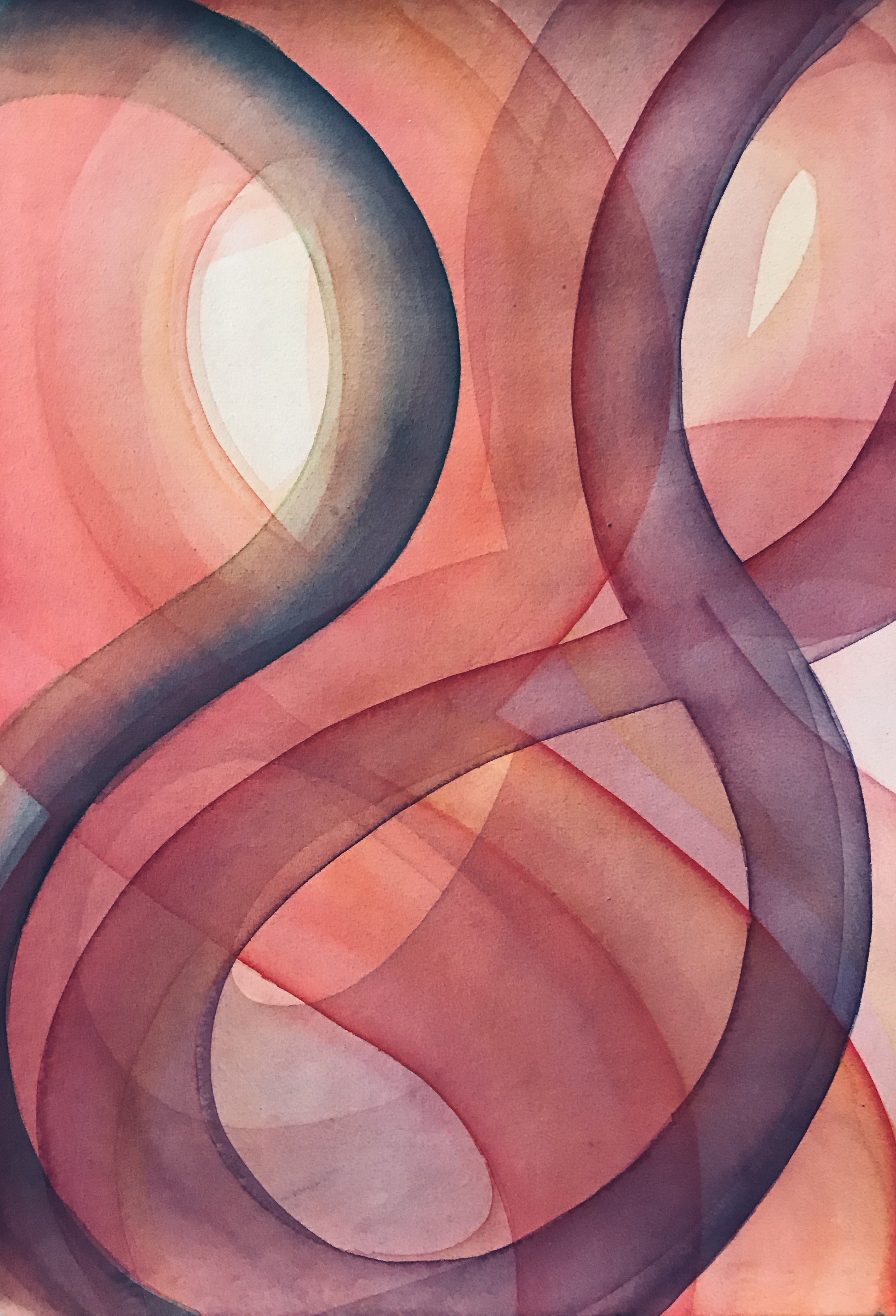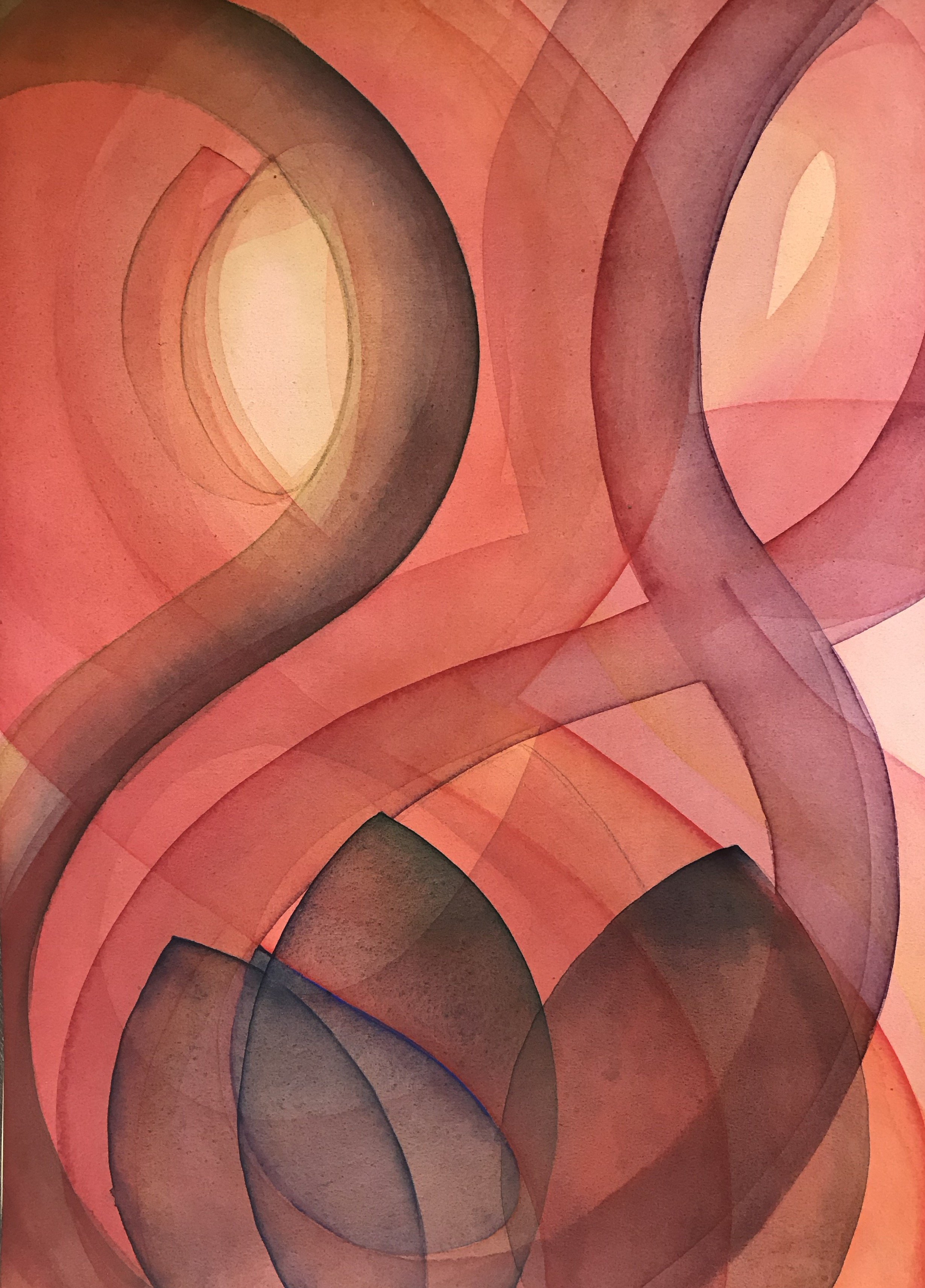Anger - the essential living flame
As human beings, we experience a wide range of emotions every day - happiness, sadness, love, fear, and anger, among others. Out of all these emotions, anger is probably one of the most misunderstood and mismanaged feelings. Many people tend to view anger as a negative emotion, something that we should all strive to avoid. Unfortunately, by doing so we lose something that we deeply yearn for, and we very much need to.
Philosopher Martha Nussbaum writes that it is indeed one of the emotions we judge most harshly — in others, as well as in ourselves — and yet understanding anger is central to mapping out the landscape of our interior lives. She brought to our attention that Aristotle, in planting the civilizational seed for practical wisdom, recognized this when he asked not whether anger is “good” or “bad” but how it shall be used: directed at whom, manifested how, for how long and to what end. And such an undervalued soul-mapping quality of anger is what English poet and philosopher David Whyte explores in Consolations: The Solace, Nourishment and Underlying Meaning of Everyday Words. Whyte writes:
Anger is the deepest form of compassion, for another, for the world, for the self, for a life, for the body, for a family and for all our ideals, all vulnerable and all, possibly about to be hurt. Stripped of physical imprisonment and violent reaction, anger is the purest form of care, the internal living flame of anger always illuminates what we belong to, what we wish to protect and what we are willing to hazard ourselves for. What we usually call anger is only what is left of its essence when we are overwhelmed by its accompanying vulnerability, when it reaches the lost surface of our mind or our body’s incapacity to hold it, or when it touches the limits of our understanding. What we name as anger is actually only the incoherent physical incapacity to sustain this deep form of care in our outer daily life; the unwillingness to be large enough and generous enough to hold what we love helplessly in our bodies or our mind with the clarity and breadth of our whole being.
Such a reconsideration returns us to the root of our anger - our war with its underlying vulnerability, which is essentially an eternal war with ourselves. Whyte adds:
What we have named as anger on the surface is the violent outer response to our own inner powerlessness, a powerlessness connected to such a profound sense of rawness and care that it can find no proper outer body or identity or voice, or way of life to hold it. What we call anger is often simply the unwillingness to live the full measure of our fears or of our not knowing, in the face of our love for a spouse, in the crisis we find ourselves at work, in the depth of our caring for a child, in the death of a parent, in the face of simply being alive and loving those with whom we live.
Our anger breaks to the surface most often through our feeling there is something profoundly wrong with this powerlessness and vulnerability… Anger in its pure state is the measure of the way we are implicated in the world and made vulnerable through love in all its specifics.
Anger truly felt at its center is the essential living flame of being fully alive and fully here; it is a quality to be followed to its source, to be prized, to be tended, and an invitation to finding a way to bring that source fully into the world through making the mind clearer and more generous, the heart more compassionate and the body larger and strong enough to hold it.
I end this brief note with a poem by Rilke, in the hope that anger will act as reminder to expand ourselves into the vastness of our being and being right here and right now.
I have great faith in all things not yet spoken.
I want my deepest pious feelings freed.
What no one yet has dared to risk and warrant
will be for me a challenge I must meet.
If this presumptious seems, God, may I be forgiven.
For what I want to say to you is this:
my efforts shall be like a driving force,
quite without anger, without timidness
as little children show their love for you.
Gratitude to Maria Popova at Brainpickings for her piece on anger.
The artwork is mine from my series on Hridaya Granthi in 2020





